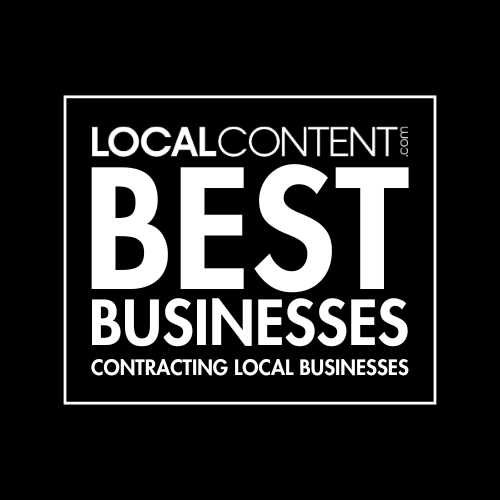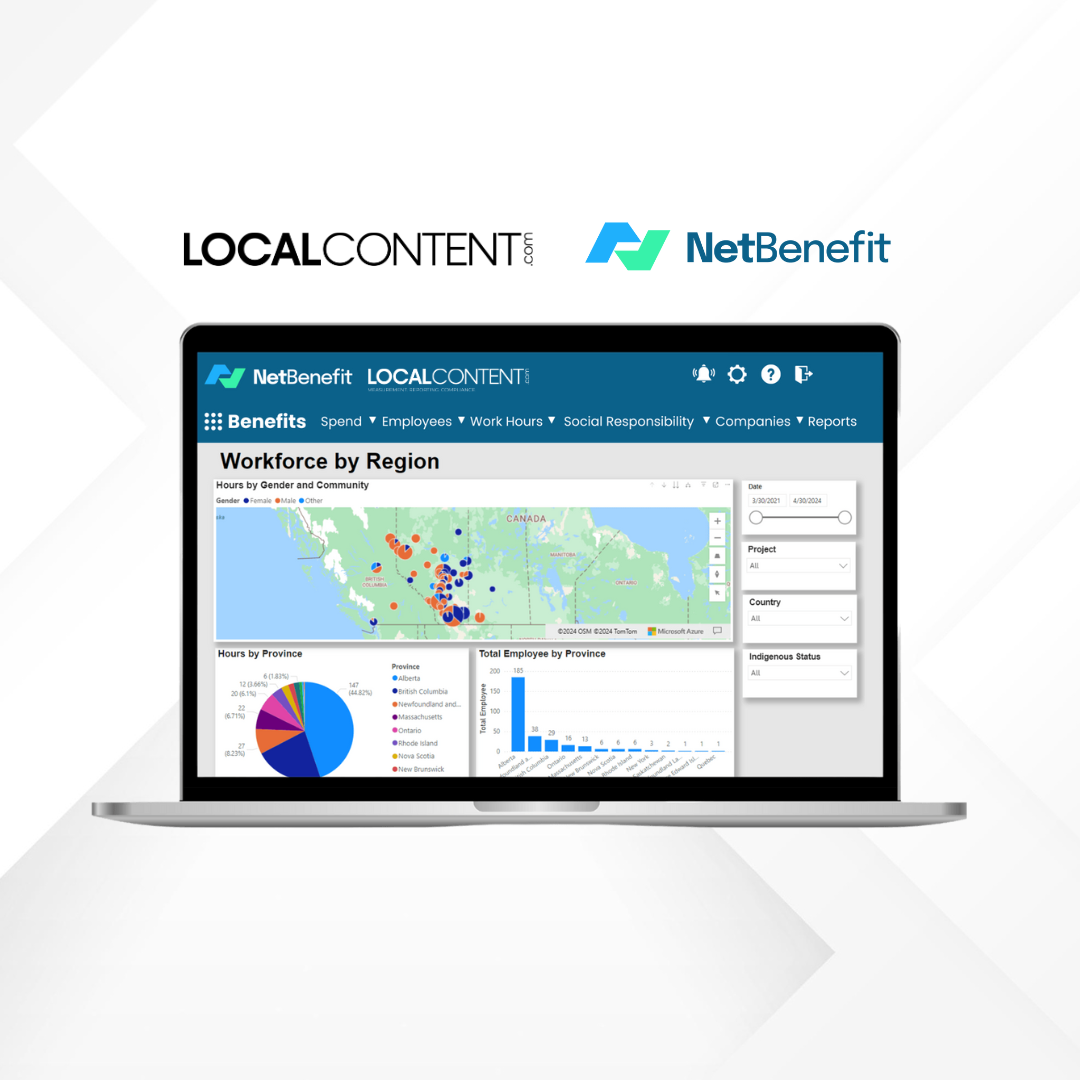Local Law 97, part of New York City’s Climate Mobilization Act, aims to reduce greenhouse gas emissions from large buildings by 40% by 2030 and 80% by 2050. It applies to buildings over 25,000 square feet, requiring owners to meet strict emissions caps or face penalties. The law promotes energy efficiency, renewable energy use, and sustainability investments to combat climate change. It also prioritizes environmental justice by incentivizing green retrofits and energy upgrades, creating opportunities for local businesses and communities to benefit economically while fostering a more sustainable urban environment.
Compliance Requirements and Economic Opportunity Loss
1. Emissions Caps:
• Building owners must meet carbon emissions limits starting in 2024, with stricter caps by 2030.
• Economic Opportunity Loss: Non-compliance results in fines of $268 per metric ton of excess emissions, reducing profitability and competitiveness.
2. Energy Efficiency Improvements:
• Buildings must invest in retrofitting, renewable energy integration, and energy-efficient systems to meet requirements.
• Economic Opportunity Loss: Missing opportunities for energy savings increases operating costs and excludes access to tax incentives.
3. Compliance Reporting:
• Annual reports by a registered design professional are required to demonstrate compliance.
• Economic Opportunity Loss: Failure to report or inaccurate reporting can lead to fines, loss of reputation, and limited eligibility for future incentives.
4. Exemptions and Adjustments:
• Affordable housing and certain landmark buildings may apply for adjustments.
• Economic Opportunity Loss: Lack of awareness or failure to apply for exemptions can lead to unnecessary penalties or missed benefits.
5. Local Workforce and Content Mandates:
• Projects must prioritize local contractors and sustainable materials.
• Economic Opportunity Loss: Developers ignoring these requirements risk opposition from communities and reduced public support for future projects.
How Developers, Manufacturers, Local Small Businesses, Nonprofits, and Community Members Can Benefit
• For Developers and Manufacturers:
• Partner with local energy efficiency and retrofitting firms to meet compliance.
• Integrate advanced building materials and technologies into projects to align with emissions goals.
• Use compliance tools to track emissions and enhance project transparency.
• For Small Businesses:
• Provide specialized services such as retrofitting, energy auditing, or HVAC upgrades to large buildings.
• Leverage local content requirements to secure contracts in green building initiatives.
• Join platforms like the Local Content Exchange to connect with larger contractors and opportunities.
• For Nonprofits:
• Develop training programs to prepare workers for jobs in green construction and energy efficiency sectors.
• Partner with building owners to advocate for equitable project investments that benefit disadvantaged communities.
• Apply for grants and incentives to fund community-led sustainability projects.
• For Community Members:
• Take advantage of workforce training programs to gain skills in high-demand green industries.
• Advocate for local projects that prioritize affordable housing retrofits and renewable energy installations.
• Participate in public consultations to ensure community needs are reflected in project plans.
• From a Compliance Perspective:
• Utilize reporting tools to track progress on emissions reductions and energy improvements.
• Demonstrate community engagement and local economic contributions to strengthen project proposals and gain public support.
Call to Action
If you are a small business or nonprofit, register today for free to join the Local Content Exchange. Developers, manufacturers, and government agencies looking for premium local content solutions for infrastructure development projects can submit a contact request form here. Let’s work together to build a sustainable, equitable future!
Local Content Policy Requirements simplify the complexities of local, state, federal, and international policies with local and domestic content mandates. These policies empower U.S. businesses and community stakeholders to enhance their quality of life through small business contracting, job creation, and community benefit investments. This feature is for educational purposes and does not serve as a political endorsement.








